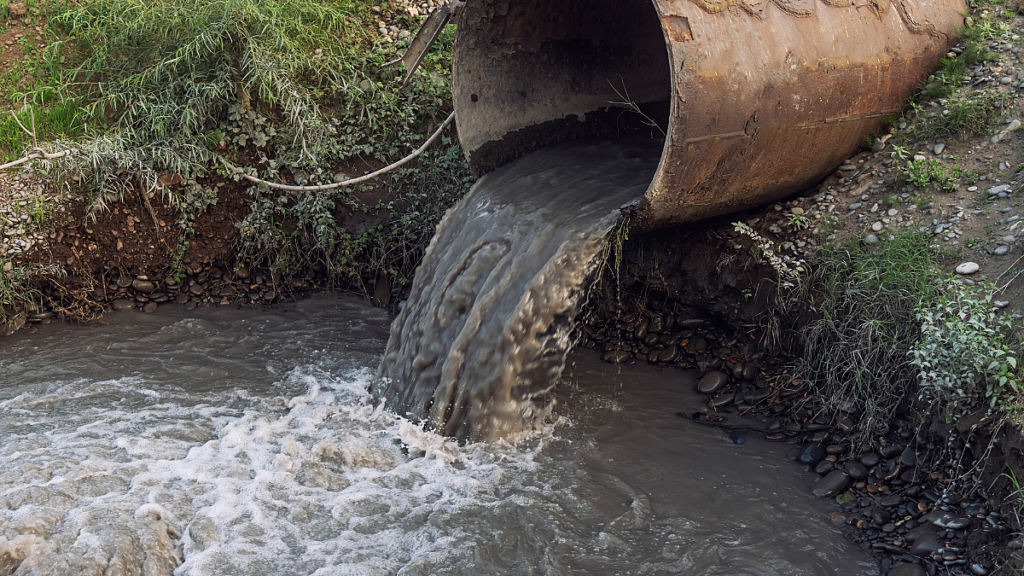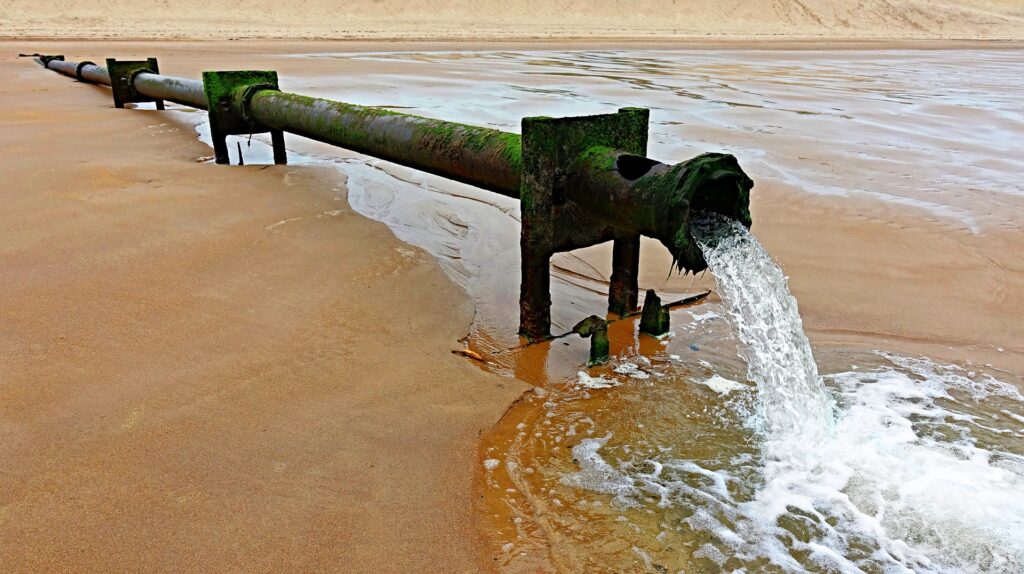Raw sewage spills in England doubled to 3.6m hours in 2023

Alarming new figures show that the number of sewage spills into England’s rivers and seas by water companies more than doubled last year.
The Environment Agency, the regulatory body that oversees environmental protection in England, has published its Event Duration Monitoring (EDM) data for 2023, which shows the frequency and duration of spills from storm overflows in England.
According to the data, there were 3.6m hours of spills last year, compared to 1.75m hours in 2022.
There is a combined sewage system in the UK, meaning rain and sewage share the same pipes. In wet weather, the pipes can become overwhelmed. Sewage is then released into waterways to prevent the system from backing up. Such spills also contain items such as sanitary products and wet wipes, which are often flushed down the toilet. These can pose a risk to swimmers and marine wildlife.
The EA says the increase in spills compared to 2022 is partly because 2023 was named by the Met Office as the sixth wettest year since its records began in 1836.

Rainfall is the primary driver of storm overflow spills, given surface water run-off can put pressure on England’s combined sewer network. Such spills are not illegal but have been criticised by environmental groups and the public, who argue they should only happen in exceptionally wet weather.
The Environment Agency says: “It is important to note that heavy rainfall does not affect water companies’ responsibility to manage storm overflows in line with legal requirements.”
“Whilst it is disappointing that water companies have reported an increase in sewage spills in 2023, it is sadly not surprising,” says Environment Agency director of water, Helen Wakeham. “We are pleased to see record investment from the water sector, but we know it will take time for this to be reflected in spill data – it is a complex issue that won’t be solved overnight.”
The EA is conducting the largest-ever criminal investigation into potential widespread non-compliance by water and sewerage companies at thousands of sewage treatment works. Since 2015, the EA has concluded 60 prosecutions against water and sewerage companies securing fines of over £150m.
After immense public pressure over the bonuses being awarded to water company bosses, the government recently announced a ban on water company bosses receiving bonuses if a company has committed serious criminal breaches. The ban would apply to all executive board members and chief executives and is set to come into effect later this year.
Companies that pollute the environment in the UK can now also be hit with unlimited financial penalties from the Environment Agency.
This morning, British media reported that organisers of the Boat Race — an annual set of rowing races between Oxford and Cambridge universities — have warned rowers not to enter the water after high levels of E coli bacteria were found on the River Thames course.
The race traditionally ends with the winners plunging into the river to celebrate. The Guardian reports that, instead, the Oxford and Cambridge crews will be encouraged to ‘wash themselves down at a dedicated cleansing station’ at the finish.
There have been mass protests this week at a Southern Water treatment works on the River Test in Hampshire over concerns about pollution levels in the water.
The River Test is one of the world’s longest chalk streams, running 39 miles from source to estuary. Less than 18 per cent of the river now remains in a ‘favourable condition’, according to campaigners. The Angling Trust says large suspended solids and macerated toilet paper are visible in the river.










